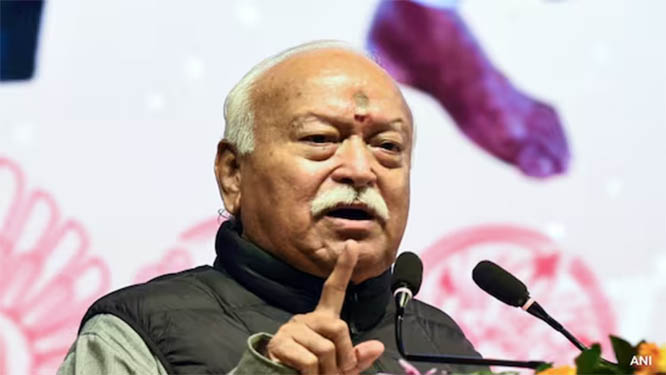New Delhi, Sept 24: Air India plans to vacate unused hangar space at some airports and sell the scrap lying there to cut costs, CMD Rajiv Bansal has said.

After taking over the reins of the disinvestment-bound airline last month, Bansal has been working on ways to improve On Time Performance (OTP) of the flights, customer service and reduce costs on various fronts.
Bansal said he is planning to vacate any extra space at airports that the airline might be holding up due to scrap.
"I am finding that there is a lot of unused material lying in hangars and unnecessarily we are holding on. So we can get some money by selling the scrap and also save rentals by leaving the space," Bansal told PTI in an interview.
He noted that there is more such space occupied by the airline at Delhi and Mumbai airports.
"I noticed that in Delhi itself one aircraft which has been auctioned is lying in the hangar. Similarly in Mumbai, steel scrap is lying and we are trying to dispose that of so that hangar space can be cleared," Bansal said.
Hangar is a space within the airport complex where maintenance work of aircraft is carried out.
The national carrier has around ten hangars in different airports across the country.
Air India group operates to 42 international destinations and over 70 domestic stations. It has an operating fleet of 142 aircraft.
"My priorities are OTP and customer experience. These are the two things from the passenger side and on the internal side we should make enough money. So must make money and spend less," Bansal said.
Among other cost saving initiatives, the airline is looking to rationalise some routes operated by the airline and its subsidiaries, including in the Gulf region.
The airline has a debt burden of more than Rs 50,000 crore and is grappling with tough financial situation. Earlier this month, the carrier floated tender seeking short term loans worth over Rs 3,200 crore which is to be guaranteed by the government.
"We are having a huge debt and there was a turnaround plan approved by the government. There are accumulated losses and the losses are being added due to huge debt. We are having debt service obligations," Bansal said.
The carrier is surviving on a little over Rs 30,000 crore bailout package extended by the previous UPA regime.
The government has decided to go for strategic disinvestment of Air India and its five subsidiaries. A group of ministers is working on the modalities of the process.








Comments
Add new comment